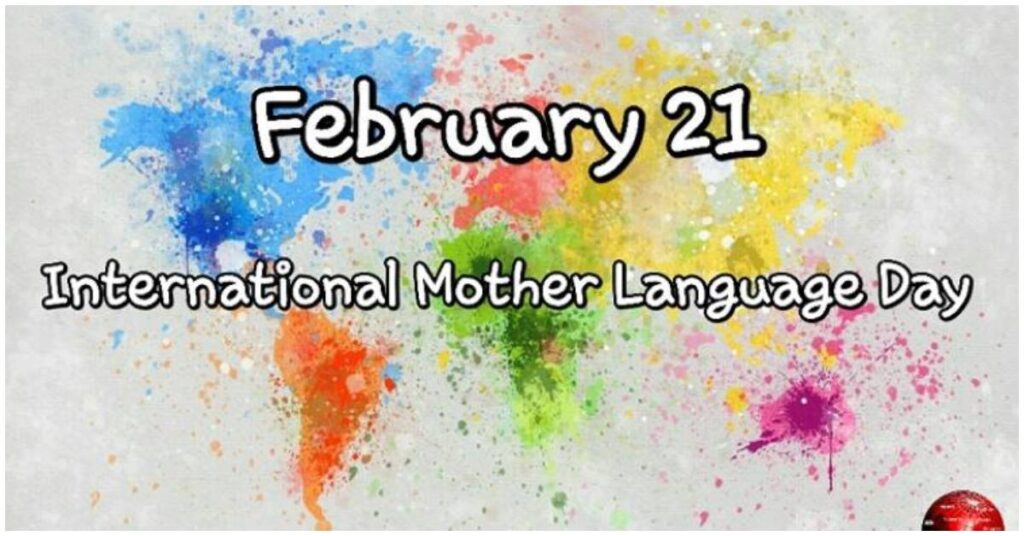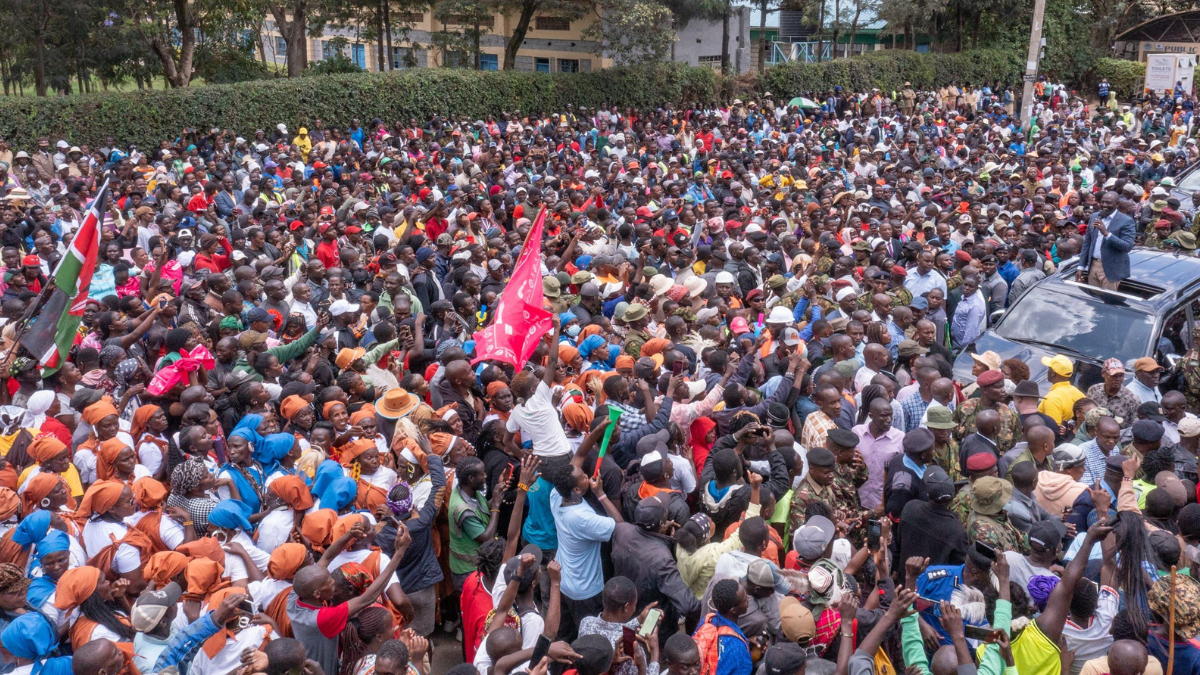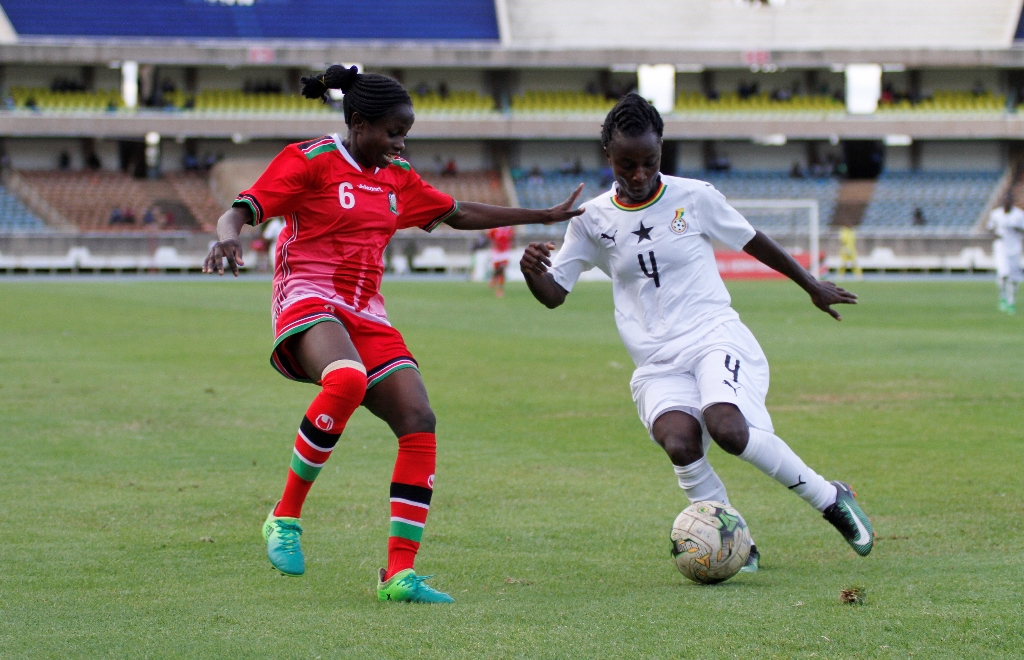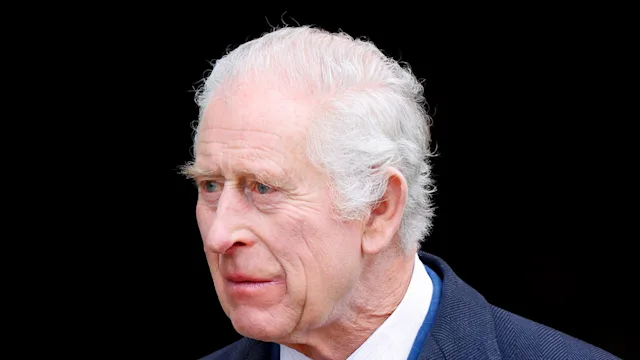As the world marks International Mother Language Day today, we are reminded of the paramount importance of promoting indigenous languages worldwide.
The celebration, established by UNESCO in 1999 and recognized by the United Nations General Assembly in 2002, serves as an important reminder of the linguistic and cultural richness that exists in our global community.
In Kenya, a nation blessed with over 60 distinct languages, the significance of linguistic diversity cannot be overstated.
Rather than serving as a source of division, this multitude of languages should be hailed as a unifying force, binding communities together through the celebration of their unique identities.
The preservation and protection of indigenous languages are not merely acts of cultural nourishment; they are fundamental rights deserving of our utmost attention and support.
Language is the cornerstone of cultural expression, capturing traditions, histories, and worldviews that are passed down through generations. When a language is lost, a piece of humanity’s collective heritage vanishes with it.
Moreover, promoting multilingualism fosters inclusivity and empowers individuals to fully participate in social, economic, and political spheres.
By embracing linguistic diversity, we create pathways for equitable access to education, employment, and civic engagement, ensuring that no one is left behind.
As we commemorate International Mother Language Day, let us reaffirm our commitment to championing linguistic diversity in all its forms. Let us recognize the invaluable contributions of indigenous languages to our shared human fabric and pledge to safeguard them for generations to come.
In doing so, we honor not only the past but also the future, ensuring a world where every voice is heard and every language respected.
Copy by Fred Indimuli- host Morning Cafe












